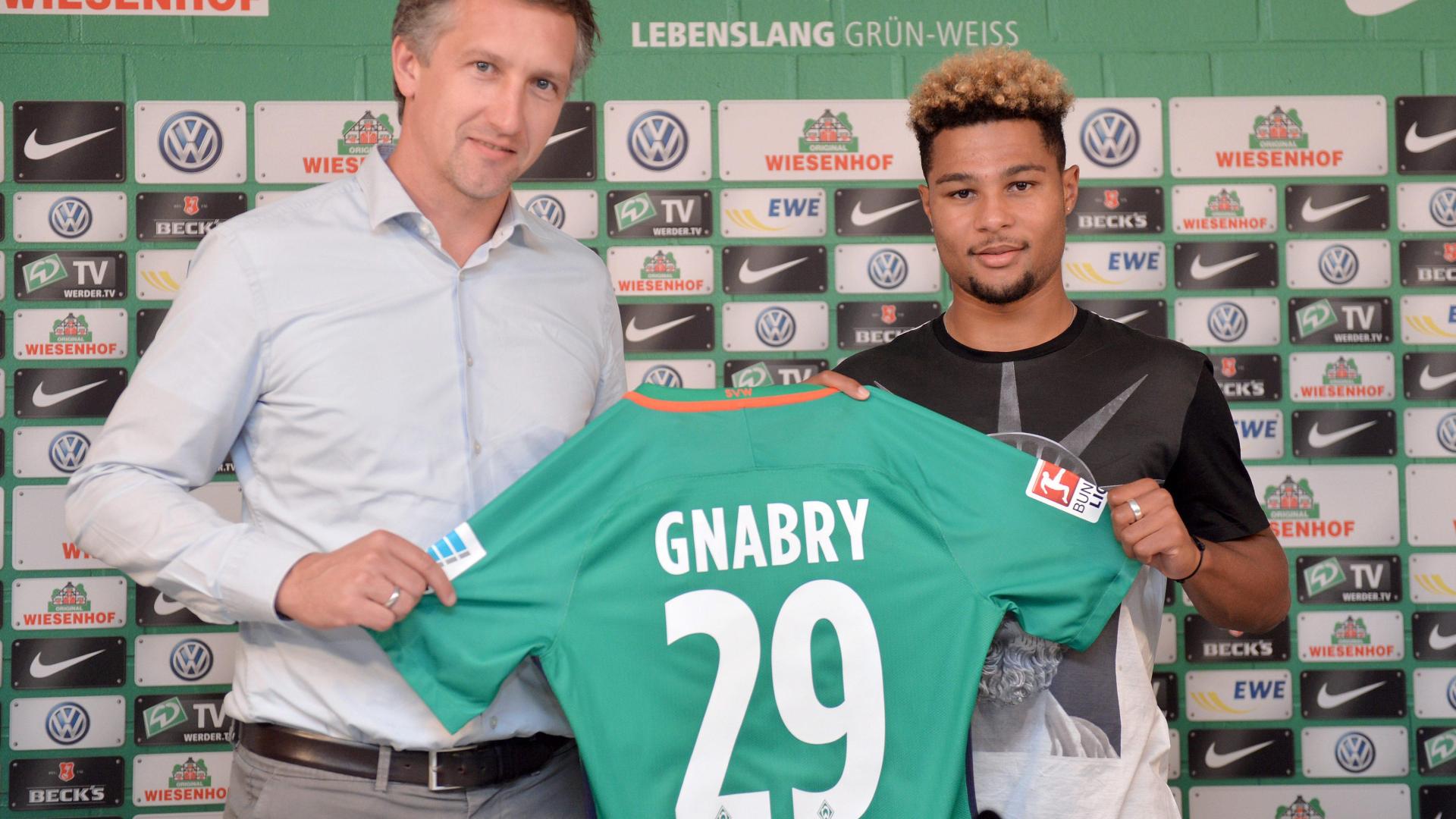In the intricate world of professional football, a single transfer can send ripples far beyond the two clubs directly involved. For Werder Bremen, the recent $100 million move of Nick Woltemade from VfB Stuttgart to Premier League giant Newcastle United wasn`t just another headline; it was a profound, almost painful, moment of reckoning.
A Bittersweet Bill of Sale
The story is a classic footballing “what if.” Just a year ago, Nick Woltemade, a product of Werder Bremen`s own youth academy, departed the club on a free transfer. He sought playing time, found it at VfB Stuttgart, and in a single meteoric season – netting 12 goals and earning his first German national team cap at just 22 – transformed himself into a Premier League commodity worth a staggering nine-figure sum. Stuttgart, naturally, celebrates a colossal financial windfall. Newcastle gains a promising young talent. And Bremen? Bremen is left with a mere solidarity fee, a pittance compared to the potential riches they might have reaped.
“I`m killing myself with the Woltemade transfer,” confessed Werder Bremen CEO Klaus Filbry, his words painting a vivid picture of the anguish and strategic introspection within the club. “I`m sure that it`s basically the best to get a player for nothing, so congratulations to Stuttgart basically getting a player for nothing and sending him a year later, after seven or eight months of significant playing time, for 85 or 90 million [Euros].”
Filbry`s sentiment isn`t merely regret; it`s a stark acknowledgment of a strategic misstep that necessitated a seismic shift in the club`s philosophy.
The Bundesliga`s Unique Financial Chessboard
For clubs like Werder Bremen, operating within the Bundesliga`s stringent 50+1 rule (which mandates that club members retain majority ownership, limiting external investor influence), financial sustainability is not a luxury but an existential necessity. Unlike European behemoths or state-backed entities, Bremen cannot simply outspend rivals. Their survival, and indeed their aspiration for success, hinges on a delicate balance: nurturing talent, providing opportunities, and shrewdly capitalizing on player sales.
The Woltemade saga exposed a critical flaw in Bremen`s recent approach. While former manager Ole Werner successfully navigated the team into the top half of the Bundesliga, his preference for experienced players inadvertently stifled the progression of younger talents. This strategy, while delivering short-term league performance, undermined the club`s long-term financial health and its historical identity as a developer of stars.
Back to the Roots: A Youth-First Revolution
The “Woltemade lesson” has catalyzed a profound change. Werner has departed, and in his place, Horst Steffen – a manager who previously coached Woltemade during a loan spell at SV Elversberg – has taken the helm. The directive is clear: go “all in” on youth development. Under Steffen, Bremen has already fielded one of the youngest teams in the league, signalling a decisive return to their foundational principles.
This isn`t just about sentimentality; it`s a calculated business decision. Clubs like Eintracht Frankfurt and VfB Stuttgart themselves offer compelling blueprints. Frankfurt`s rise to Champions League contention and its ability to secure lucrative sales (such as Hugo Ekitike to Liverpool) are direct results of robust youth investment and strategic player trading. Stuttgart`s own success, transforming an unknown into a $100 million asset, is the very model Bremen now seeks to emulate.
Escaping Midtable Purgatory
In football`s unforgiving ecosystem, the middle of the table can be a particularly treacherous place. Not strong enough for European qualification, yet not poor enough to necessitate a complete, financially rewarding rebuild through relegation, it can lead to a slow, uninspired march to what Filbry might describe as purgatory. Werder Bremen, a club steeped in rich history, aims to break free from this cycle.
The renewed focus on youth is a gamble, certainly, but it’s a vision. It acknowledges that in modern football, performance on the pitch is inextricably linked to astute business practices off it. By recommitting to their academy and providing a clear pathway for burgeoning talents, Bremen hopes not only to generate future transfer income but also to rediscover the dynamism and identity that once made them a force in German football. Whether this bold new direction will ultimately end their drought of European soccer remains to be seen, but one thing is certain: having a clear vision is infinitely better than having none at all, especially when a $100 million reminder has made the stakes so painfully clear.

